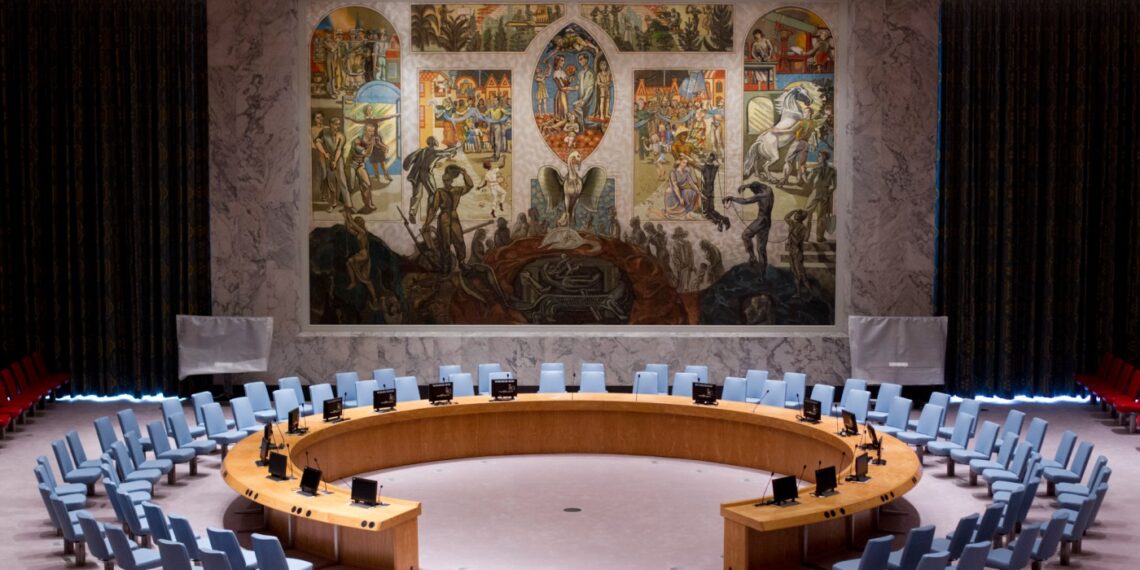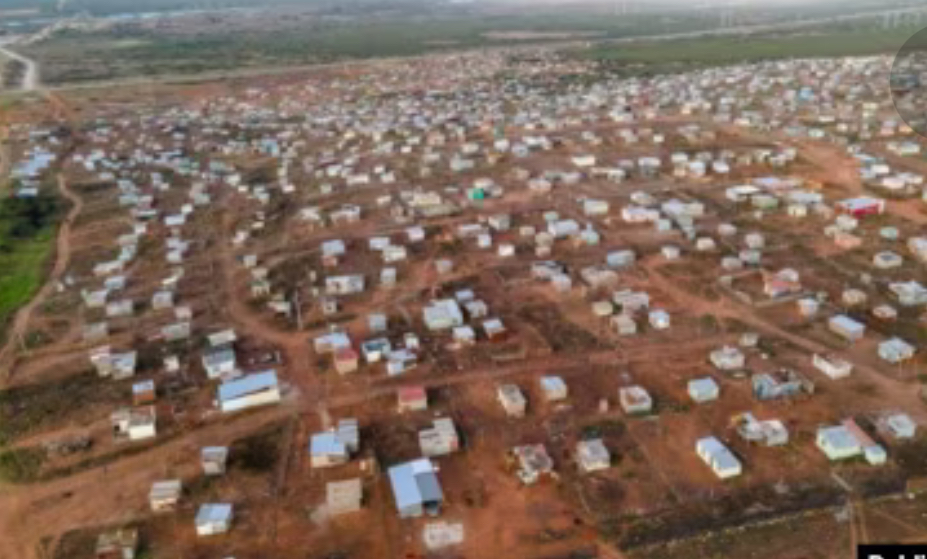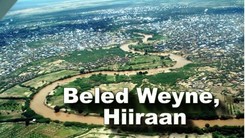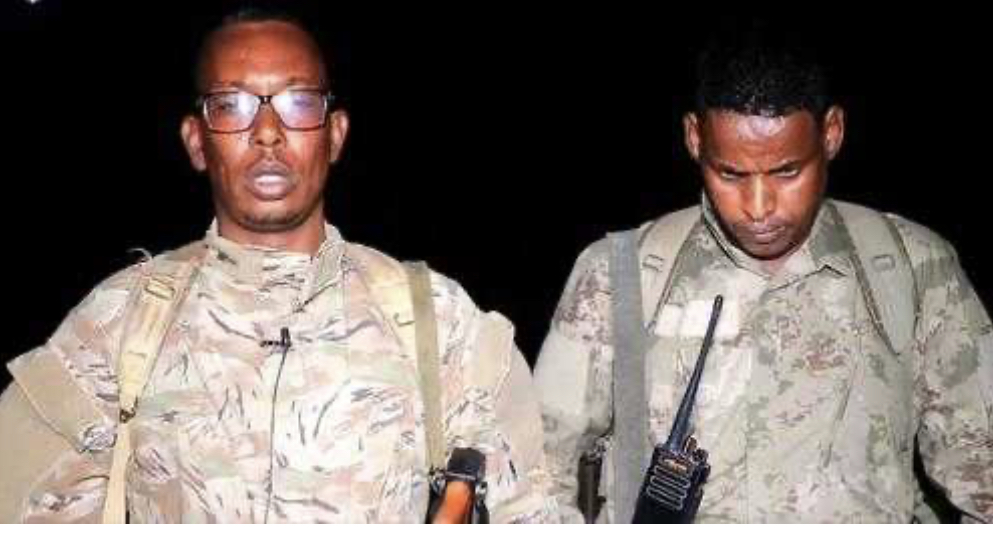The United Nations Security Council (UNSC) is reportedly considering a significant policy shift concerning Somalia. Multiple highly reliable sources have informed The Somali Digest that the Somali arms embargo is likely to be lifted in an upcoming review by the UNSC. This change would pertain to the Somali government and key security agencies, such as the Somali National Army (SNA)..
The Somali government has also unsuccessfully advocated for the lifting of the embargo to include the Federal Member States (FMSs) and weapons intended for the irregular clan militias, known as the Macawiisleey, which have been supporting government operations.
Balancing National Aspirations with Security Concerns
The anticipated lifting of the embargo comes at a juncture when Somalia is attempting to bolster its security forces to maintain law and order, as well as to counter threats from terrorist groups like Al-Shabaab. A stronger and better-equipped security apparatus could indeed serve as a significant deterrent against internal and external threats, providing a platform for social, economic, and political reforms.
However, it is imperative to consider the potential ramifications of such a move. A recent report by the Hiraal Institute suggests that caution is warranted. The report highlights the risk of arms falling into the wrong hands due to Somalia’s complex societal structure, characterized by deep-seated clan loyalties, as well as the government’s limited control over ports of entry. Even as we discuss the possible benefits of lifting the embargo, these issues underline the need for a nuanced approach.
The Clan Dimension
The unique sociopolitical fabric of Somalia adds a layer of complexity to the issue. While the government aims to centralize military power, the reality is that clan loyalties often supersede allegiance to the state. Even the SNA is essentially an amalgamation of various clan militias that often engage in infighting. In this context, the influx of weapons could potentially exacerbate inter-clan tensions, rather than uniting the forces against common enemies like insurgents and terrorists.
Oversight and Governance
Effective governance extends beyond just the political narrative; it delves deep into the logistics of law enforcement and security. Questions remain over whether the Somali government can exercise comprehensive oversight over the arms that would flow into the country post-embargo. The significance of these questions grows when one considers that Somalia does not yet have complete control over all its ports of entry, raising the risk of arms being diverted to non-state actors or even criminal syndicates.
Regional and Global Implications
The potential lifting of the arms embargo also has broader, geopolitical implications. The Horn of Africa is a region that is not only important for Somalia but is also strategically significant for international trade and global security. A change in the arms policy could, therefore, have a domino effect, influencing regional stability and potentially impacting international security.
Moving Forward with Caution
While the embargo’s lifting could signify an important milestone in Somalia’s arduous journey toward stability and governance, it is clear that this move comes with high stakes. Policymakers must consider a multifaceted approach that carefully balances the potential benefits against the risks. Before making any significant policy changes, there should be stringent mechanisms for oversight, effective governance, and perhaps even international monitoring to ensure that the arms do not contribute to further destabilization.
The UNSC’s upcoming review is not merely a policy checkpoint but a decisive moment that could influence Somalia’s future trajectory, for better or worse. As such, both national and international stakeholders must tread carefully, conscious of the enduring and far-reaching impact of their decisions.




